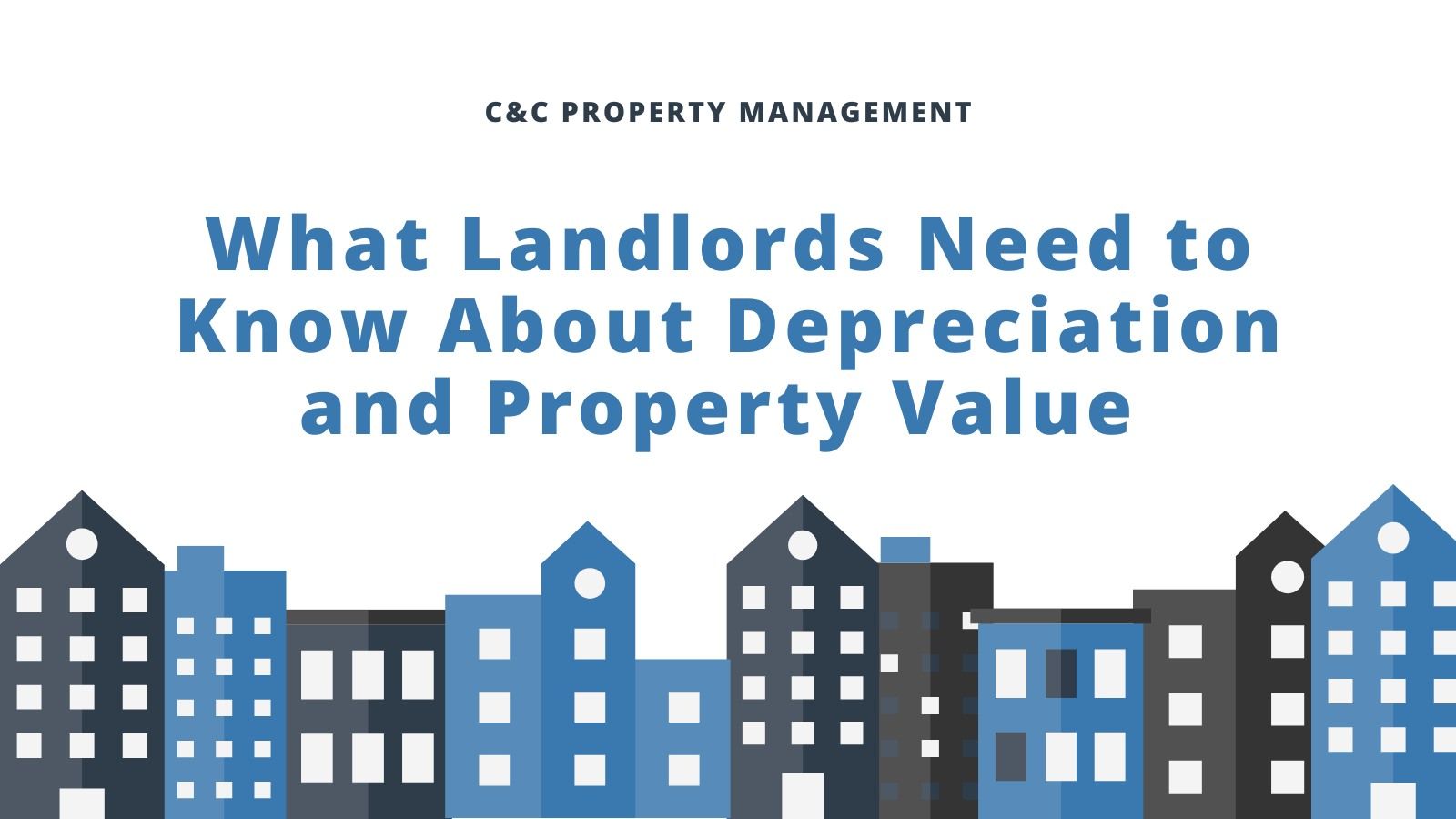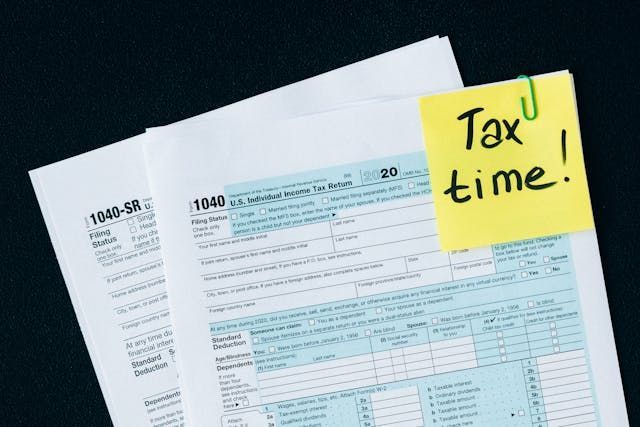What Landlords Need to Know About Depreciation and Property Value

Key Takeaways:
Depreciation Is a Powerful Tool for Long-Term Savings: Claiming annual deductions on your rental property’s structure reduces taxable income year after year, boosting profitability without requiring out-of-pocket expenses.
Understanding IRS Rules Helps Maximize Deductions:
Knowing how to separate land from building value, track recovery periods, and comply with eligibility requirements ensures you don’t leave money on the table.
Planning Ahead Minimizes Tax Surprises at Sale: Factoring in depreciation recapture and using strategies like a 1031 Exchange helps defer taxes and preserve more of your investment gains.
For rental property owners, understanding how depreciation works is crucial for optimizing returns and improving long-term profitability. While properties naturally experience wear and tear, the IRS allows you to turn that aging process into a powerful tax-saving tool. When used strategically, depreciation can reduce taxable income, minimize annual tax burdens, and increase your bottom line.
C&C Property Management explains the basics of depreciation, its impact on rental property value, and how landlords can leverage it to their advantage.
What Is Real Estate Depreciation?
Depreciation is the gradual loss of a property's value over time due to factors like aging, usage, and environmental conditions. While land maintains its value, structures do not. The IRS recognizes this and allows property owners to recover the cost of the building through annual tax deductions.
Economic factors, such as shifts in the housing market, also contribute to a property’s declining value; this is known as economic depreciation.
How Depreciation Works for Rental Properties
When investing in a rental property, the building (but not the land) can be depreciated over a set period. For residential real estate, this period is 27.5 years, as defined by the IRS. This means you can deduct a fraction of the building's cost from your taxable income each year for nearly three decades.

For example, if your property’s structure is valued at $275,000, and land accounts for $75,000 of the total purchase price, you can divide the $275,000 by 27.5. This gives you a yearly depreciation deduction of $10,000.
These deductions can be claimed every year until the asset is fully depreciated or sold.
What Is a Depreciation Recovery Period?
The recovery period is the designated timeframe over which an asset loses its value for tax purposes. While many assets, like office furniture or equipment, depreciate over 5 to 7 years, rental properties follow longer recovery periods. Residential rental buildings depreciate over 27.5 years, while commercial properties follow a 39-year schedule.
The Tax Benefits of Depreciation
Depreciation is one of the most effective tools for reducing taxable income. While expenses like mortgage interest, property taxes, insurance, and repairs can be deducted in the year they’re incurred, depreciation provides ongoing tax relief over many years.
It’s especially beneficial for property owners with multiple rentals, allowing them to offset significant income while building long-term wealth. Essentially, depreciation lets you reduce your tax bill without spending additional money, making it a non-cash deduction with real value.
Be Aware of Depreciation Recapture
Although depreciation provides savings at tax season, it can trigger a tax liability when you sell the property. This is called depreciation recapture, a tax on the total amount of depreciation deductions you've claimed during ownership.

Depreciation recapture is usually taxed at a maximum rate of 25% and calculated based on the property's adjusted basis (purchase price minus depreciation) and sale price. While it doesn’t eliminate the benefits of depreciation, it’s important to account for this future cost when planning your exit strategy.
How a 1031 Exchange Can Defer Recapture Taxes
To avoid immediate tax consequences, many investors use a 1031 Exchange. This allows you to defer depreciation recapture taxes and capital gains by reinvesting the proceeds from a property sale into a new, “like-kind” investment.
To qualify, you must:
- Select as many as three potential replacement properties within 45 days.
- Complete the new purchase within 180 days.
A
1031 Exchange is a powerful strategy for growing your portfolio without incurring tax penalties, as long as the replacement property is also used for rental or business purposes.
Factors That Influence Depreciation Deductions
Several elements can impact your ability to maximize depreciation:
- Accurate Valuation: Only the structure, not the land, is eligible. It’s vital to correctly separate these values.
- Compliance: IRS rules around depreciation can be complex. Consulting a qualified tax professional can help you avoid errors and missed opportunities.
- Eligibility: The property must be owned by you, used to generate income, and expected to have a useful life of more than one year.

Who Qualifies to Claim Depreciation?
To claim depreciation on a rental property, you must meet the following criteria:
- Ownership: You legally own the property, whether outright or through financing.
- Income-Producing Use: The property is rented out or used in a trade or business.
- Useful Life: The structure has a measurable lifespan of more than one year.
- Active Use: The property must be ready and available for rent, even if it’s currently vacant.
Once all conditions are met, you can begin claiming depreciation in the same year the property is available for use.
Bottom Line
As your portfolio expands, your depreciation strategy must evolve as well. What works for a single-family rental may not apply to a multi-unit complex or short-term property. Staying organized is essential. Track each asset’s depreciation schedule separately to avoid errors and missed deductions.
Regular tax planning reviews, guided by a trusted tax advisor or property manager, can help you adjust your approach, ensure compliance, and maximize efficiency across all properties.
Depreciation is one of the most effective tools for increasing profitability by lowering taxable income year after year. However, it is important to plan for the eventual recapture tax when selling a property. With strategies such as a 1031 Exchange and proactive planning, you can reduce tax exposure and keep more of your gains.
Ready to make your portfolio more tax-efficient and profitable? Contact our team today to unlock the full benefits of depreciation and long-term investment success.
C&C Property Management provides comprehensive services to help you manage your rental properties, streamline operations, and protect your investments so you can focus on building wealth with confidence.








